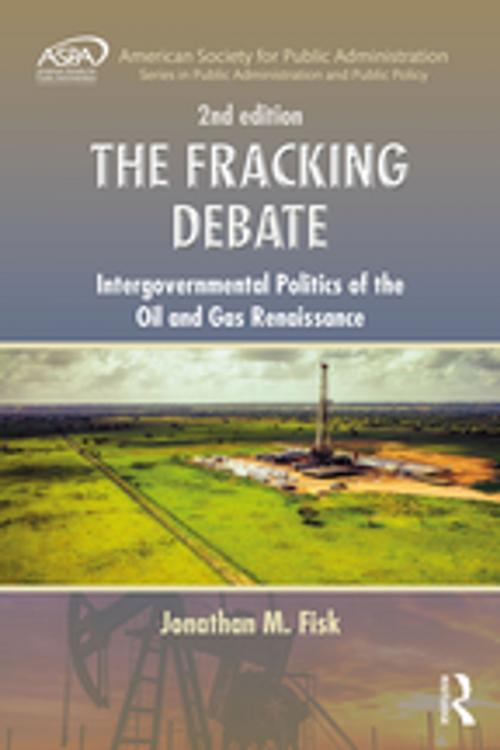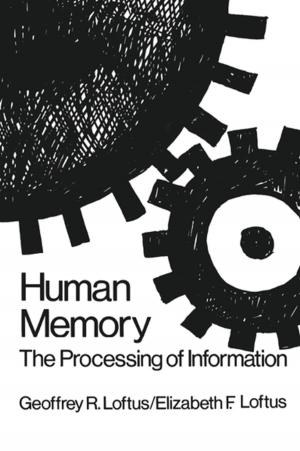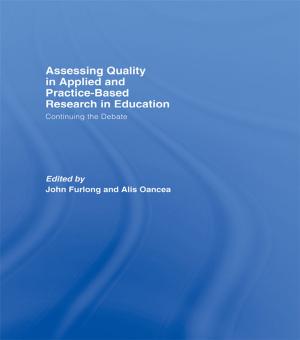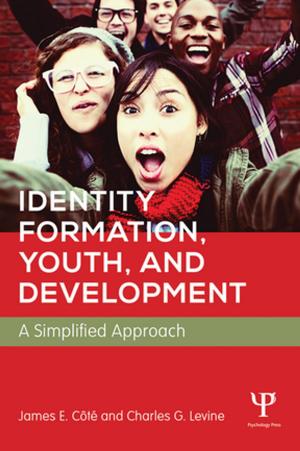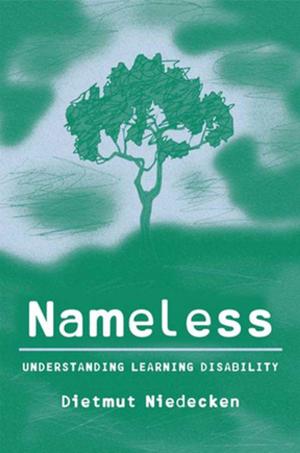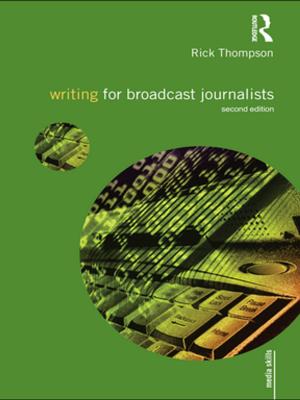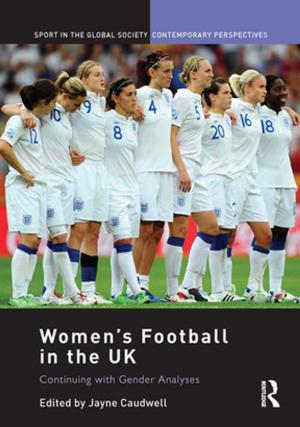The Fracking Debate
Intergovernmental Politics of the Oil and Gas Renaissance, Second Edition
Nonfiction, Social & Cultural Studies, Political Science| Author: | Jonathan M. Fisk | ISBN: | 9781315318639 |
| Publisher: | Taylor and Francis | Publication: | August 7, 2017 |
| Imprint: | Routledge | Language: | English |
| Author: | Jonathan M. Fisk |
| ISBN: | 9781315318639 |
| Publisher: | Taylor and Francis |
| Publication: | August 7, 2017 |
| Imprint: | Routledge |
| Language: | English |
The disputes around fracking, and oil and gas policy, follow a long tradition of complicated intergovernmental relationships. Proponents argue that fracking supports new and well-paying jobs, revitalizes state and local economies, and that it can help replace reliance on other fossil fuels. Skeptics and opponents contend that oil and gas production via fracking contaminates air and water resources, causes earthquakes, and can ruin the character of many communities. Examining the intergovernmental politics of the first oil and natural gas boom of the 21st century, The Fracking Debate, Second edition offers a holistic understanding of the politics that characterize oil and natural gas operations, including why local governments are challenging their state’s preemptive authority, in order to initiate a larger conversation about improving intergovernmental relationships. Author Jonathan Fisk presents a novel argument about the ways in which local, state, regional, and national approaches to governance of shale gas development can work together to reduce conflict and forward the interests of the communities exposed to development, asking important questions such as:
- What state structures govern state-local relations? What state institutions impact and shape oil and gas production? What is the policymaking context in the state?
- What are the costs and benefits of hydraulic fracturing at the national, state, and local levels? How are risks and rewards distributed within states?
- What local policies have challenged the state, and why would local communities challenge the state?
The result is a book that demonstrates that when stakeholders acknowledge their interdependencies and one another’s expertise, they create, design, and implement more responsive, strategic, and targeted public policies. The Fracking Debate, Second edition will be required reading for courses on oil and gas policy in the United States, environmental politics, and domestic energy politics, as well as a vital reference for practitioners and policymakers working in these fields.
The disputes around fracking, and oil and gas policy, follow a long tradition of complicated intergovernmental relationships. Proponents argue that fracking supports new and well-paying jobs, revitalizes state and local economies, and that it can help replace reliance on other fossil fuels. Skeptics and opponents contend that oil and gas production via fracking contaminates air and water resources, causes earthquakes, and can ruin the character of many communities. Examining the intergovernmental politics of the first oil and natural gas boom of the 21st century, The Fracking Debate, Second edition offers a holistic understanding of the politics that characterize oil and natural gas operations, including why local governments are challenging their state’s preemptive authority, in order to initiate a larger conversation about improving intergovernmental relationships. Author Jonathan Fisk presents a novel argument about the ways in which local, state, regional, and national approaches to governance of shale gas development can work together to reduce conflict and forward the interests of the communities exposed to development, asking important questions such as:
- What state structures govern state-local relations? What state institutions impact and shape oil and gas production? What is the policymaking context in the state?
- What are the costs and benefits of hydraulic fracturing at the national, state, and local levels? How are risks and rewards distributed within states?
- What local policies have challenged the state, and why would local communities challenge the state?
The result is a book that demonstrates that when stakeholders acknowledge their interdependencies and one another’s expertise, they create, design, and implement more responsive, strategic, and targeted public policies. The Fracking Debate, Second edition will be required reading for courses on oil and gas policy in the United States, environmental politics, and domestic energy politics, as well as a vital reference for practitioners and policymakers working in these fields.
